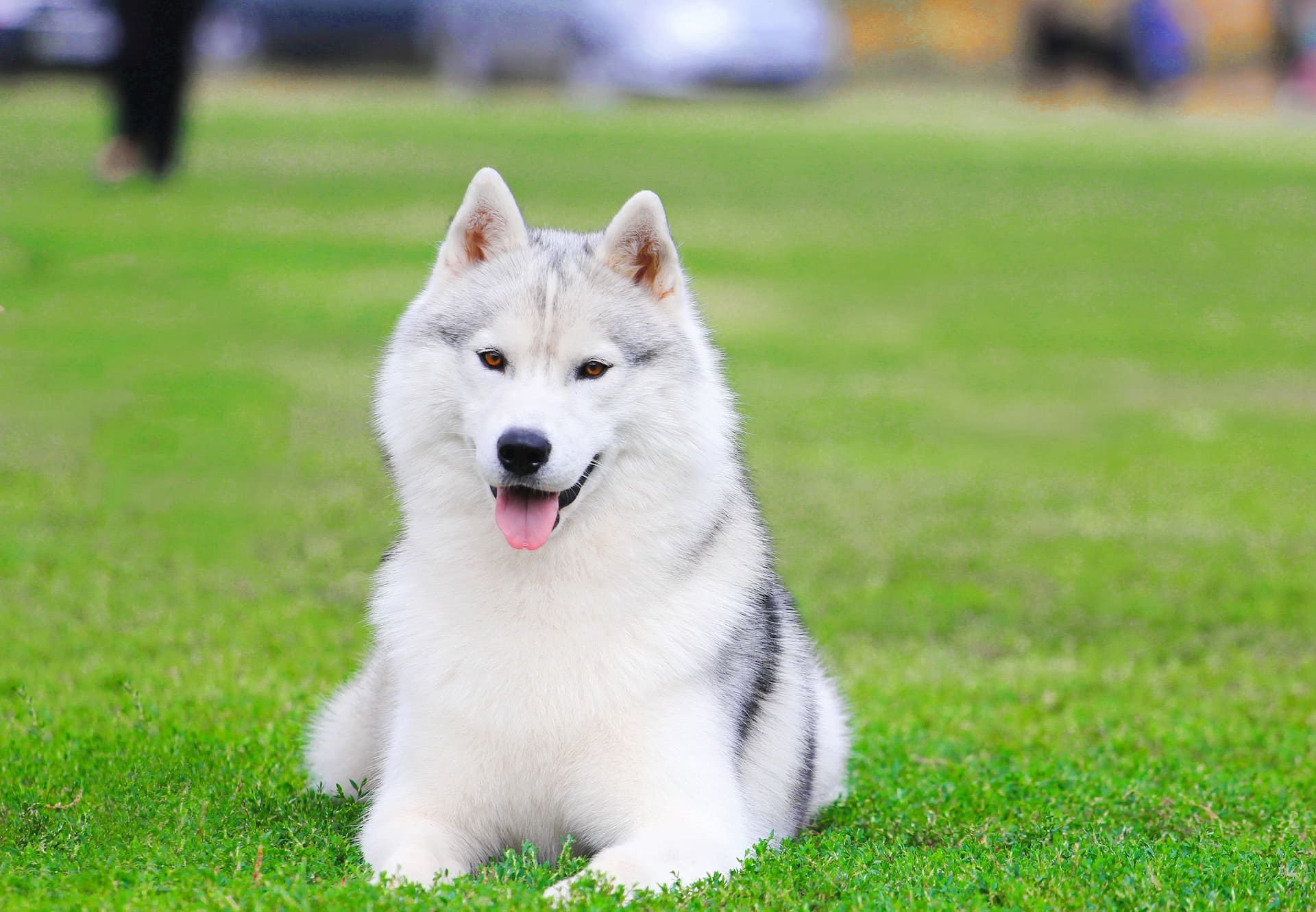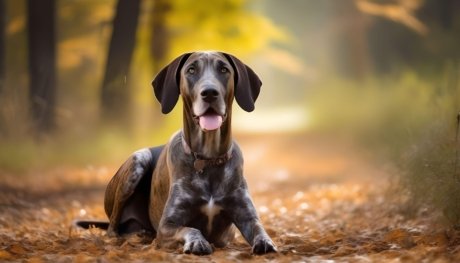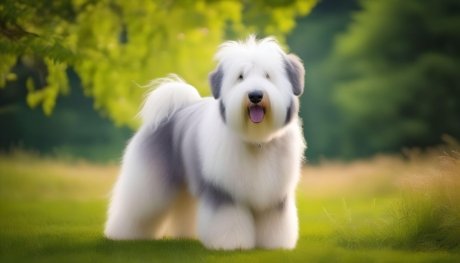How Long Do Huskies Live: A Comprehensive Guide to Ensuring a Long, Healthy Life for Your Furry Friend
Huskies are not just dogs; they are loyal companions known for their striking appearance and playful personalities. If you’re considering adding a Husky to your family or already share your home with one, you may be curious about their lifespan. “How long do Huskies live?” is a common question among Husky enthusiasts. In this comprehensive article, we will explore the factors that influence the longevity of Huskies and provide you with valuable insights on ensuring your beloved canine friend enjoys a long, healthy, and happy life.
How Long Do Huskies Live on Average?
Huskies are a unique breed, and their lifespan is influenced by various factors, including genetics, diet, exercise, healthcare, environment, and social interaction. On average, Huskies typically live for about 12 to 15 years. However, it’s essential to note that this is a general range, and many Huskies have been known to surpass the 15-year mark with proper care and attention.
Understanding the Lifespan of Huskies
Genetic Influences on Husky Lifespan (The Role of Genetics in Husky Lifespan)
Genetics play a significant role in determining how long a Husky lives. Similar to humans, Huskies can inherit various genetic predispositions that affect their overall health and lifespan. Common genetic conditions in Huskies include hip dysplasia, eye problems, and autoimmune diseases. Responsible breeders prioritize genetic health, focusing on breeding practices that minimize the risk of these conditions and increase the potential lifespan of Huskies.
Dietary Considerations for Longevity: The Nutritional Blueprint for a Long, Healthy Life
Proper nutrition is a cornerstone of Husky longevity. A well-balanced diet tailored to meet their specific nutritional needs is essential. Avoid overfeeding, as obesity can lead to various health problems and significantly reduce their lifespan. Consultation with a trusted veterinarian is invaluable for creating a diet plan that suits your Husky’s individual requirements and promotes longevity.

Regular Exercise for Lifelong Wellness
Huskies are renowned for their boundless energy and playful nature. Providing them with regular exercise is not only crucial for their physical health but also paramount for extending their lifespan. Daily walks, interactive playtime, and mental stimulation are vital components of keeping your Husky active and engaged. Boredom and inactivity can lead to destructive behavior and negatively impact their quality of life.
Prioritizing Healthcare for a Longer Life
Regular veterinary check-ups and vaccinations are fundamental to your Husky’s overall well-being. Preventative care allows for the early detection of health issues, ensuring timely treatment and ultimately contributing to a longer life. Additionally, protecting your Husky against common parasites, such as fleas and ticks, is essential.

The Impact of Environment
The environment in which your Husky lives can significantly influence their lifespan. Huskies are known for their thick double coat, which provides excellent insulation against cold weather. They are naturally more comfortable in colder climates. However, this doesn’t mean they cannot thrive in warmer regions. In such cases, ensuring they have access to shade, cool water, and a climate-controlled environment is crucial to their comfort and health.
Nurturing Social Interaction
Huskies are inherently social animals that thrive on human interaction and companionship. Loneliness and isolation can lead to anxiety and depression, negatively impacting their overall health. To extend your Husky’s lifespan, it’s essential to ensure they have ample opportunities for social interaction and mental stimulation.
Additional Factors Influencing Husky Lifespan
In addition to the core elements discussed above, several other factors can impact your Husky’s lifespan. These include:
– Dental Care: Regular dental hygiene, such as brushing and professional cleanings, can prevent dental issues that may affect their overall health.
– Stress Management: Reducing stressors in your Husky’s life, such as loud noises or changes in routine, can contribute to a longer, healthier life.
– Training and Behavioral Health: Proper training and addressing behavioral issues promptly can prevent accidents and improve their overall well-being.
– Quality of Sleep: Ensuring your Husky gets adequate, uninterrupted sleep is vital for their physical and mental health.
– Age-Appropriate Care: As your Husky ages, their needs will change. Regularly adjust their care routine to accommodate their evolving requirements.
Conclusion: Ensuring a Long and Fulfilling Life for Your Husky
In conclusion, the lifespan of Huskies is influenced by a combination of factors, including genetics, diet, exercise, healthcare, environment, and social interaction. By providing your Husky with the utmost care, attention, and a loving home, you can significantly contribute to their longevity. Remember, your Husky is not just a pet but a cherished member of your family, deserving of a lifetime filled with love and happiness.
Frequently Asked Questions (FAQs) About Husky Lifespan
-
What is the typical lifespan of a Husky?
The average lifespan of a Husky ranges from 12 to 15 years, but many Huskies have been known to live longer with proper care.
-
How can I increase my Husky’s lifespan?
To enhance your Husky’s lifespan, focus on genetics, provide a balanced diet, ensure regular exercise, offer proper healthcare, create a suitable environment, and prioritize social interaction and mental stimulation.
-
Are Huskies prone to specific health issues?
Yes, Huskies can be genetically predisposed to certain health issues, including hip dysplasia and eye problems. Responsible breeding practices can help reduce the risk of these conditions.
-
Is it safe to keep a Husky in a warm climate?
While Huskies are more comfortable in colder climates due to their double coat, they can adapt to warmer regions with the right care. Ensure they have shade, access to cool water, and a controlled environment during hot weather.
-
Do Huskies need a lot of exercise?
Yes, Huskies are an active breed that thrives on daily exercise. Regular walks, playtime, and mental stimulation are essential to their physical and mental well-being.
-
What are the common health issues in Huskies and how can I prevent them?
Common health issues in Huskies include hip dysplasia, eye problems, and autoimmune diseases. To prevent them, choose a responsible breeder, maintain a healthy diet, provide regular exercise, and schedule routine veterinary check-ups.
-
How can I groom my Husky’s double coat for optimal health and appearance?
Grooming your Husky’s double coat involves regular brushing to remove loose fur and prevent matting. Bathing should be infrequent to preserve the coat’s natural oils. Ensure their nails are trimmed, and ears and teeth are cleaned regularly for overall health.
-
What is the best diet plan for a Husky to ensure a long and healthy life?
The best diet for a Husky includes high-quality dog food tailored to their nutritional needs. Consult your veterinarian for guidance on portion sizes and specific dietary requirements.
-
What exercises are best for Huskies to keep them healthy and happy?
Huskies thrive on exercise. Daily walks, running, and interactive play are ideal. Engaging in activities like hiking or dog sports can help keep them mentally and physically stimulated.
-
How do I choose the right Husky breeder to ensure a healthy puppy with a longer lifespan?
Look for breeders who prioritize genetic health, conduct health screenings on their breeding dogs, and provide proper care for puppies. Ask for references, visit the breeder in person, and inquire about health guarantees.
-
What vaccinations are essential for Huskies, and how often should they be administered?
Common vaccinations for Huskies include those for distemper, parvovirus, rabies, and more. Consult with your veterinarian to create a vaccination schedule tailored to your Husky’s specific needs.
-
What are the signs of aging in Huskies, and how can I ensure their comfort in their senior years?
Signs of aging in Huskies may include reduced activity, arthritis, and dental issues. Provide a comfortable environment, appropriate exercise, and a senior-focused diet. Regular vet check-ups are crucial to catch age-related issues early.
-
Are there any natural supplements or remedies to enhance a Husky’s lifespan?
Natural supplements like fish oil for joint health or antioxidants may support your Husky’s overall well-being. However, consult your veterinarian before introducing any supplements.
-
What should I do if my Husky is experiencing anxiety or behavioral issues that could impact their lifespan?
Addressing anxiety or behavioral issues involves positive reinforcement training, socialization, and providing a structured routine. In severe cases, consult a professional dog trainer or behaviorist.
-
How can I ensure my Husky’s safety during extreme weather conditions to prolong their life?
In extreme weather conditions, provide shelter from extreme heat or cold, access to fresh water, and limit outdoor exposure during extreme weather. Huskies are more comfortable in colder climates but need protection from excessive heat.
Recommended:
Do Pomeranians Shed : Embracing Your Furry Friend’s Natural Coat
Can Dogs Eat Blackberries? | A Comprehensive Guide to Canine Nutrition





























